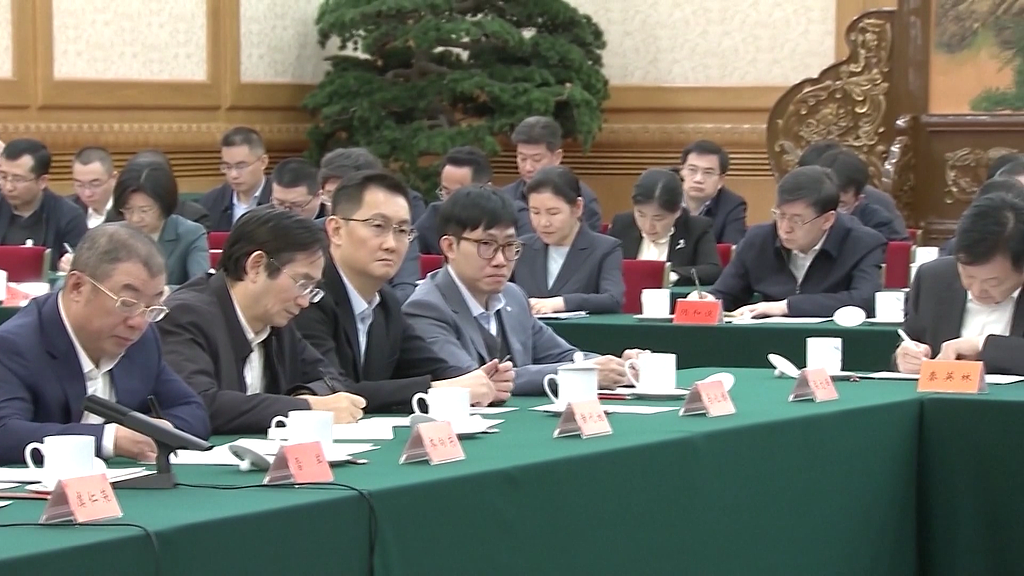In the midst of market fluctuations, policy adjustments, and external uncertainties, Chinese private enterprises have leveraged their market-oriented nature and inherent resilience to cultivate remarkable competitive advantages and demonstrate vast development potential. Their efficient decision-making systems enable them to swiftly capture market dynamics and adjust production strategies, distinguishing them from traditional organizational models. Furthermore, by flexibly allocating resources and optimizing production processes in real-time, private enterprises effectively navigate supply chain disruptions and changes in consumption trends. For instance, in the new energy sector, they have significantly enhanced their risk resistance and displayed impressive market adaptability through flexible production line designs and simultaneous advancements in multiple technological pathways.
Private enterprises also exhibit a high degree of policy adaptability. They closely align with national policy orientations, integrating national strategies into their development plans. By continuously tracking policy dynamics, they proactively establish policy prediction systems and advance research and development (R&D) as well as capacity allocation. In implementing national strategies such as green transformation and the digital economy, private enterprises actively respond, conduct green technology reserves, and promote intelligent transformation. This ability to convert policy directives into technological upgrades ensures they remain at the forefront of industrial transformations, effectively bridging policy orientations with market logic.
In terms of risk prevention and control, private enterprises build robust dual-dimensional risk barriers. By investing continuously in key technology areas, they reduce external dependencies and bolster their core competitiveness. Additionally, they expand into emerging markets such as Southeast Asia and the Middle East, forming a multi-regional trade system that flexibly adapts to changes in international trade rules. This strategy not only ensures operational stability but also grants them greater initiative in the global economic competition landscape.

